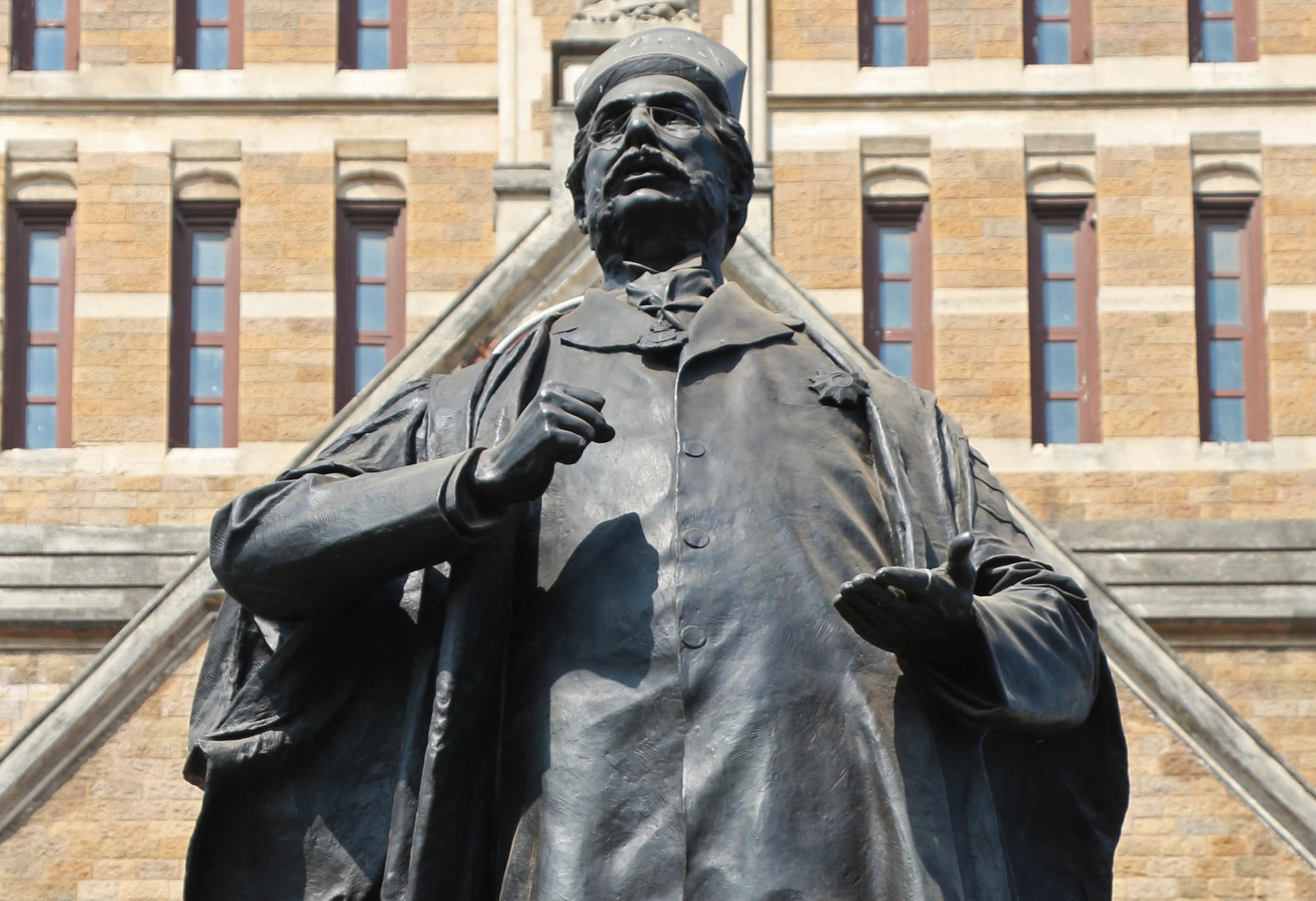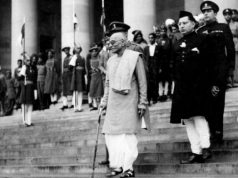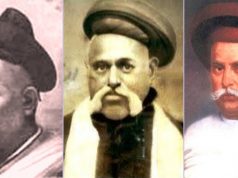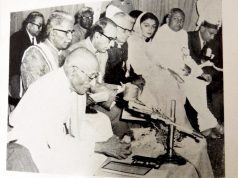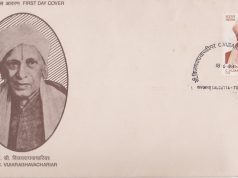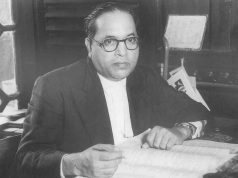The enduring role of the Bombay-based moderate liberals in demanding political freedom and self-governance from the British Raj has been overshadowed by the subsequent turns in the Indian nationalist storytelling. Both the radicalism of the extremists and revolutionaries as well as the mass subaltern politics of Mahatma Gandhi have found a viable political constituency in the Republic of India. However, the shrinking of the liberal space and a clear absence of substantial liberal constituency have left the moderate nationalists heirless, so to speak.
While Dadabhai Naoroji was the patron saint of the liberal nationalism, the Bombay-based, lawyer-dominated liberal intelligentsia comprised of a remarkable set of politicians. Sir Pherozeshah Mehta was part of this grouping which went on to found Indian National Congress later in 1885.
Born in a Parsi merchant family, the bid for upward mobility brought Mehta to London to pursue a degree in law. It was during this Britain stint (1865-68) that his liberalism was forged. In London, he actively engaged with the activities of the East India Association, an initiative of Dadabhai Naoroji to further Indian interests in Britain. Naoroji’s place in London was the hub of Indian liberal activists and it is here that Mehta made valuable connections.
His friendship with the likes of Badruddin Taiyabji and Wyomesh Chandra Banerjee would later go on to shape the history of Indian nationalism. Besides, he was also affected by the Gladstonian liberalism which was in vogue in Britain at that time. Mehta’s career as a politician would see him putting into practice his liberal conviction.
In the annals of Indian nationalism, Mehta is largely seen as one of the founders of Indian National Congress and a leader of the moderate faction. But I would argue that his involvement with the Bombay self-governance project merits further recognition. It is also here that his political liberalism appears more prominently.
Mehta has been dubbed as the “Father of the Municipal Government in Bombay”, both for his involvement in and advocacy for local self-governance. In response to the 1871 municipal reform agitation in Bombay, the Bombay Municipal Act of 1872 was passed which also incorporated Mehta’s proposal of a representative body. According to his biographer Homi Modi, Mehta’s proposals revealed “a political sagacity and breadth of outlook, which for a young man of twenty-six may well be considered astonishing…”. Mehta’s involvement with the Bombay city administration would continue in his role as municipal commissioner (1873), and chairman (1884-85 and 1905).
In his role as a member of both Bombay and Imperial Legislative Council, he championed the interests of native Indians with a liberal stance on issues. He went on to oppose the Arms Act and Vernacular Press Act while lent support to Ilbert Bill. He also opposed Lord Curzon’s policy of bringing universities under the control of the government. In arguing for the introduction of elective principles in local bodies and decentralisation of authority, he resorted to John Stuart Mill and Herbert Spencer- “We know that the highest authorities on the subject- Herbert Spencer and John Stuart Mill- have pointed out that you must have external or internal check on the working of these municipal bodies.”
The Ilbert Bill controversy (1883) turned out to be the last straw for Indian nationalists as they soon went on to form the Indian National Congress. One of the charges laid out by its detractors in early years was the limited reach of Congress, best captured in Lord Dufferin’s “microscopic minority” phrase. As one of the founding fathers of INC, it fell upon Mehta to defend the organization. In the 1890 Congress annual session, he argued that for all their differences and shortcomings, “the microscopic minority can far better and far more intuitively represent the needs and aspirations of their own countrymen than still more microscopic minority of the omniscient district officers.”
Mehta’s advocacy of local self-governance and moderation in politics though had to face challenges from the political extremism of Tilak which demanded “poorna swaraj”. And, then the descent of Gandhi on national scene swept aside the “plea-prayer-petition” mode of political liberalism in favour of a non-violent mass movement.
Post Disclaimer
The opinions expressed in this essay are those of the authors. They do not purport to reflect the opinions or views of CCS.

